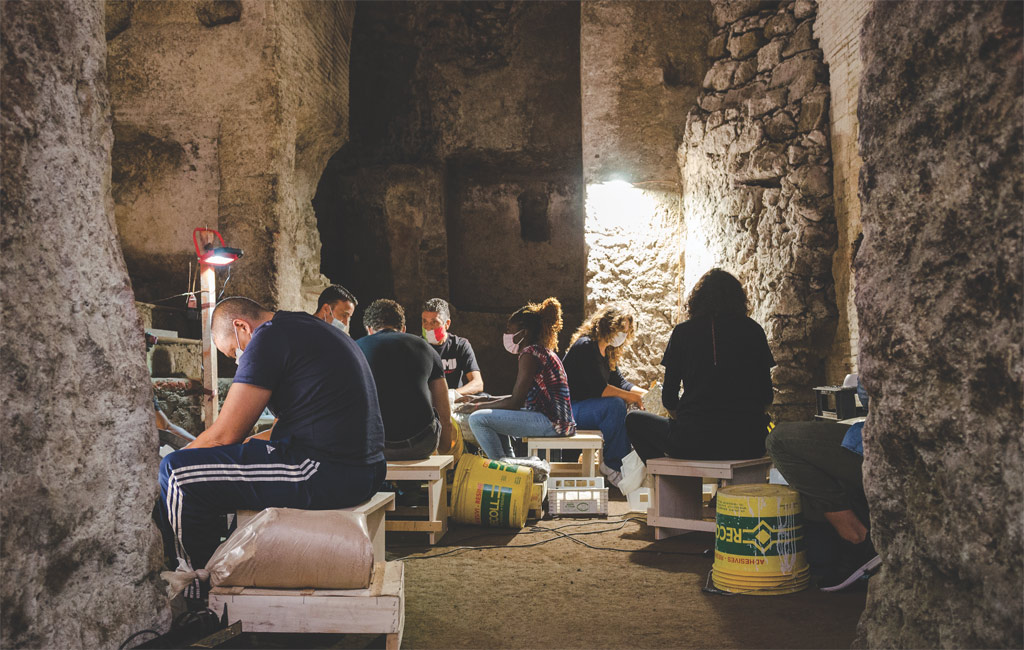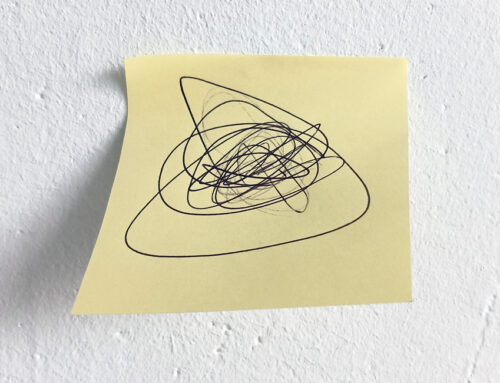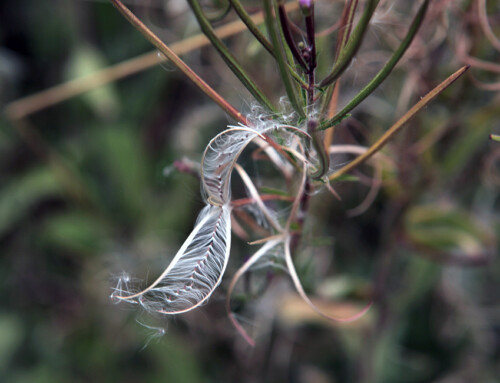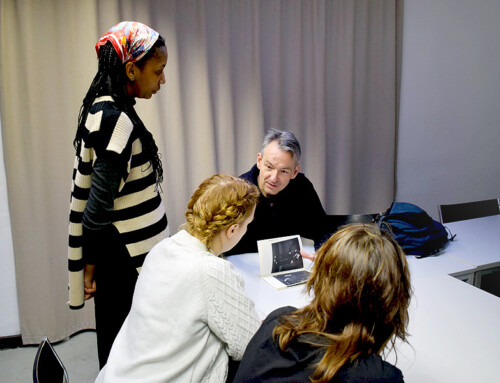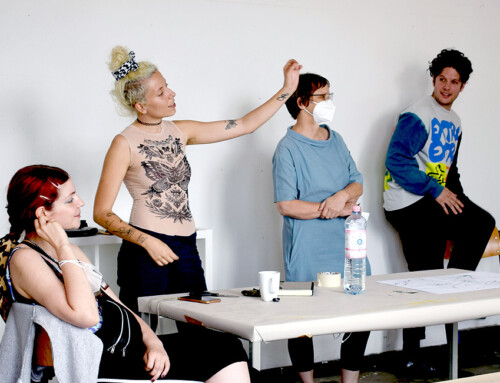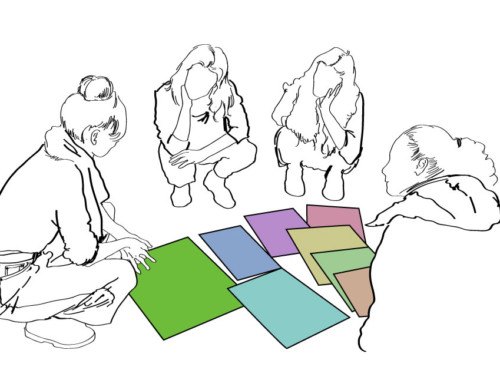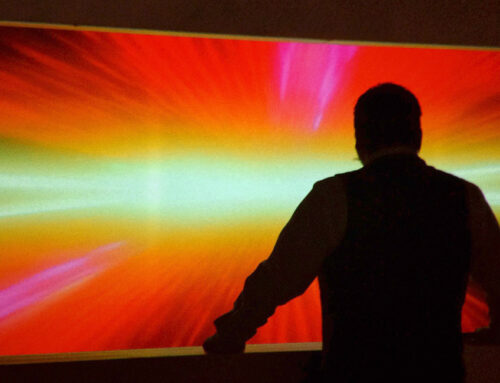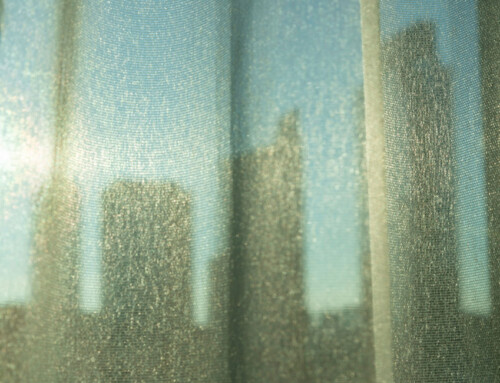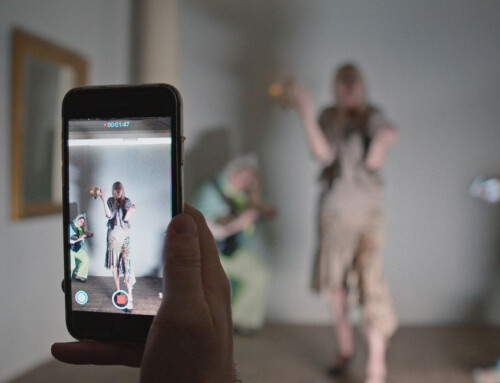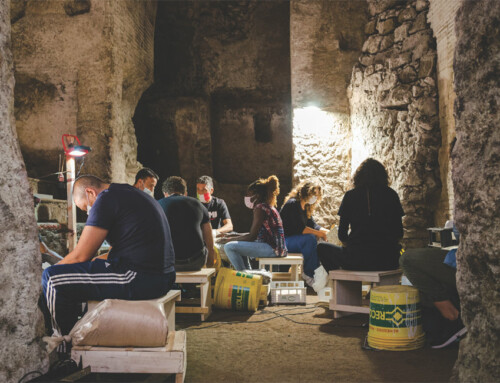14. September – 05. Oktober 2021
mit 4 Live Online-Meetings am 14., 21., 28. September & 05. Oktober 2021, jeweils von 16 – 18 Uhr
Vielen Dank an den Künstler Adrian Melis für sein Online-Seminar THE PARADOX OF ART AND LABOUR: socio-political practices as forms of artistic expression und die Diskussion der Beiträge unserer Teilnehmer*innen innerhalb des Studioprogrammes am BAI | Kunstschule, Kunstinkubator, Artist in Residence und Live Online-Kurse & Klassen in Berlin.
„The Paradox of Art and Labour is a four-week course analysing art practices that engage with socio-political realities and contexts by merging art with other disciplines such as economic theory, journalism, political studies, anthropology and social practices. Through the lens of my own work and with references to other creators (inside and outside of the art world), I propose an in-depth reading of Cuban socialist and European neoliberal socio-economic ready-mades, aiming at a broader understanding of the respective psycho-political realities and their links to different socially engaged art practices. Does art have the ability to reach beyond the confines of the art world and transform reality? If art qualifies as a potential activator of change, it gains a social function, compromising its proclaimed autonomy and non-productivity. Paradoxically and at the same time, in the context of nonproductive economic and political systems, concepts of productivity relate more closely to art than to reality itself.
In order to explore the relationship between Art and Labour, we will be reflecting on their respective ability to (re)produce subjetivities, ideologies and realities. In this course, I intent to address and interconnect a way of looking at reality (the economy and politics) aesthetically through the lense of art and analysing what artists do and how they become politically and socially engaged transgressing the boundaries between the art world and reality. During the four sessions, I will introduce some of the concepts that I have developed in my own practice as an artist and discuss how these ideas apply in different socio-political contexts around the world. We will first discover, analyse and learn how to deconstruct real life situations that could be read or understood as art without any authorship or intervention of an artist. I will then introduce to you examples of interventions and art works, which I have compiled in my own practice and which I summarise under the terms “social ready-mades,” “unproductive systems” or “immaterial labour.” Together we will discuss how these different concepts apply to other socially engaged practices in the field of art.
Throughout the sessions, we will be having discussions about the ethics of collaboration and the dynamics of social groups. Looking at the relationship between artists and the rest of society we will develop a deeper understanding of interventions, integrations and subtractions within social groups. We will ask ourselves what the role of artists is outside of the art world and how to approach different situations we might encounter when we make a work that involves people and situations outside the framework of the studio? We will also ask ourselves how to develop and share ideas as a group and how to interpret and react to different responses of communities (inside and outside of the art world) to the art work or practice. I will be making reference to different strategies I have used when it comes to collaborations with people that do not take part in the art world and more specifically focus on the use and the role of sound and silence in experimental video making, the world of Foley Art, the “Known and the Anonymous participants”, The “art work” as a platform to generate employment, the power of “repetition”, among others.
Accompanying the four sessions, I will propose to you different exercises and will also be offering reference materials for each session. Furthermore, I will invite you to collectively develop an idea for a video work by applying some of the concepts we will have been discussing. Taking advantage of the “online” nature of the course, we will use the final session to create a work in the format of our Zoom meetings. The work will be live, performed and recorded by all the participants involved at that time.“ (Text: Courtesy Adrian Melis)
Weitere Informationen auf der Adrian Melis Webseite.
